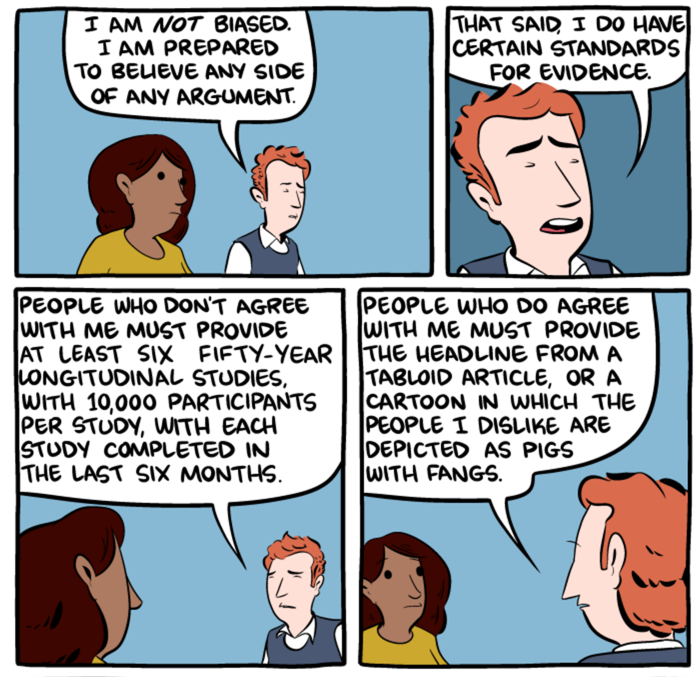Writing about Donald Trump's language, Ben MacIntyre ("Trump’s cleverest trick is sounding stupid", The Times 5/13/2016) brings in the usual suspects: Basic English, Flesch-Kincaid readability, "bigly". He starts this way:
In 1930, the English linguist CK Ogden invented a pared down, simplified form of language as a tool for teaching English as a second tongue. His “Basic English” included a vocabulary of just 850 words, 18 verbs, and a radically reduced grammar. Anyone with a grasp of Basic English would be able to understand anyone else with the same rudimentary skills.
HG Wells was intrigued and horrified by the idea, and in his 1933 novel The Shape of Things to Come he depicted a totalitarian government ruling a world in which Basic English becomes the global lingua franca.
Donald Trump has forged his own Basic English, a blunt, reduced, idiomatic form of speech that is comprehensible to any American with the educational skills of the average ten-year-old. Trumpspeak appals his critics, delights his supporters with its directness, and represents one of the keys to his successful bid for the Republican nomination.
Read the rest of this entry »


